Coleman was a Republican congressman from Missouri from 1976 to 1993. He is an advisor to Protect Democracy, an anti-authoritarian watchdog group.
The congressional district I represented for 16 years was a microcosm of the nation. It contained the biggest urban center in the state, Kansas City, as well as many of its suburbs. But the vast majority of the remaining 14,000 square miles was made up of small towns and rural communities.
Like most rural areas in the United States it was dependent on small businesses and farming. That's why this city boy sought a seat on the House Agriculture Committee and eventually became the GOP minority's ranking member. From that spot I was able to pass important rural development programs, designed to provide rural schools with broadband capability as personal computers were becoming more common three decades ago.
The main idea, then as now, is that federal investment in rural economic development opportunities will create local jobs, allowing people to stay in their home communities instead of heading to the cities.
The challenges facing rural America today indicate more needs to be done — and bolstering our fragile democracy is a big reason why.
During my visits with constituents in their small towns and on courthouse squares, I would often seek out the local editor of the local newspaper. Even the least populated counties had a weekly paper, while communities with as few as 10,000 residents often had a daily paper. That is no longer the case.
Many small towns and rural communities no longer have their own community newspapers. These lost sources of news had served as critical engines of American democracy, by giving voice to local concerns and providing a source of objective information for local citizens to consider.
Instead, today there are too many communities where there is a lack of civic cohesion and leadership — and, at the same time, a reliance on information from media sources that care nothing about local news. These sources include national cable and network television as well as homogenized features from self-interested parties. Equally concerning is the reliance on social media for local, state and national "news." Social media has frequently replaced local newspapers with misinformation, conspiracy theories and prejudicial views.
Tucked away in President Biden's infrastructure bill — which he will campaign for Wednesday night in his nationally televised speech to Congress — is a proposed $100 billion program to once again deliver high speed broadband to rural areas. Most of the money would appropriately go to improve rural education and enhance cyber capabilities for local businesses. But that is not enough.
There is no question our democracy has been, and continues to be, under attack. Many of its guardrails have been bent or demolished altogether. They must be reinstalled and replaced. Like the education of our young people and updating businesses, the rural infrastructure of our democracy must also be strengthened and protected.
It's necessary and proper to use the infrastructure legislation to strengthen our democracy. Roads and bridges — that's what infrastructure is all about. American democracy depends on factual information highways and bridges that span conflicting political viewpoints. Broadband is the way to deliver them.
That's why funds in the bill should be set aside to strengthen our democracy through a program that would deliver local news through broadband.
Individual schools of journalism, as well as state and national associations of schools of journalism, would be eligible to receive federal grants to establish and run nonprofit digital services to deliver local news to underserved rural areas. Retired news editors and journalism professors could be employed to review and approve students' work before publication. The program could start as a pilot program to assure its long-term success. Federal funding might be supplemented with funds from state and local governments and by foundations.
Failure to support small town digital news initiatives will allow the continuing decline of our rural areas and the passing of a way of life that many who live there wish to continue.
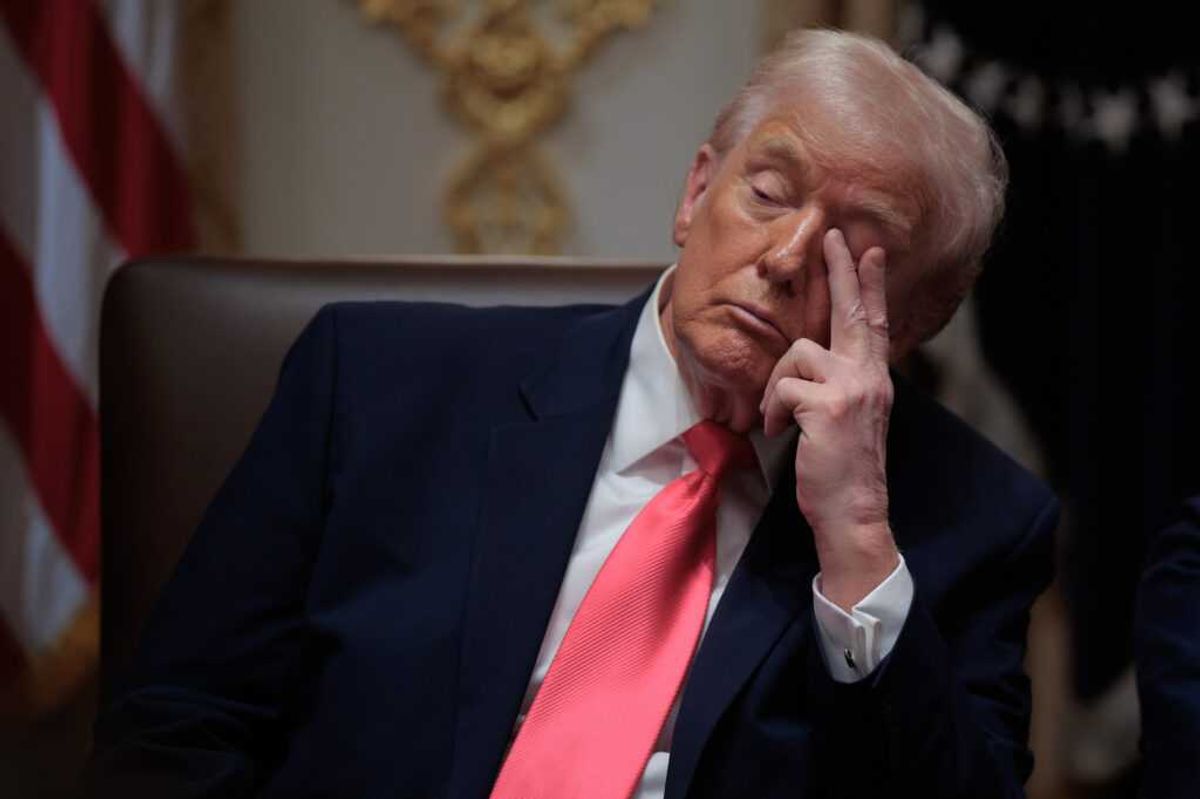
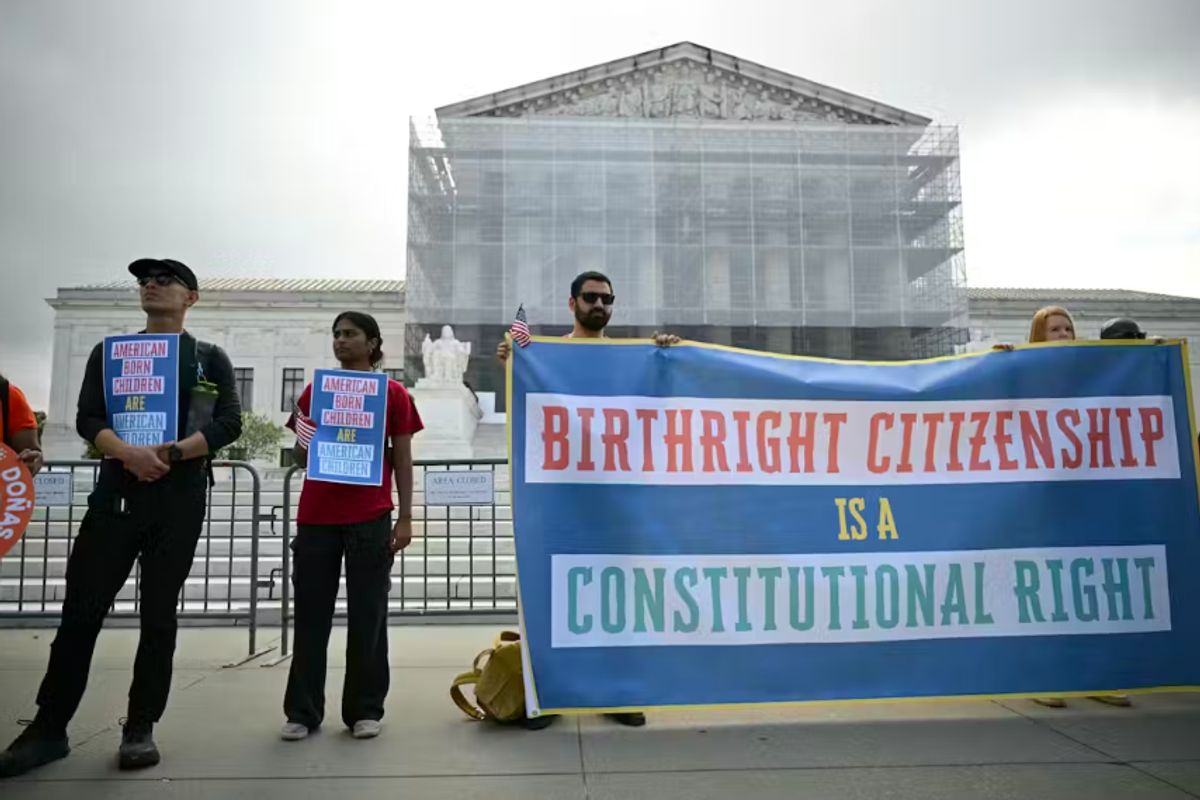

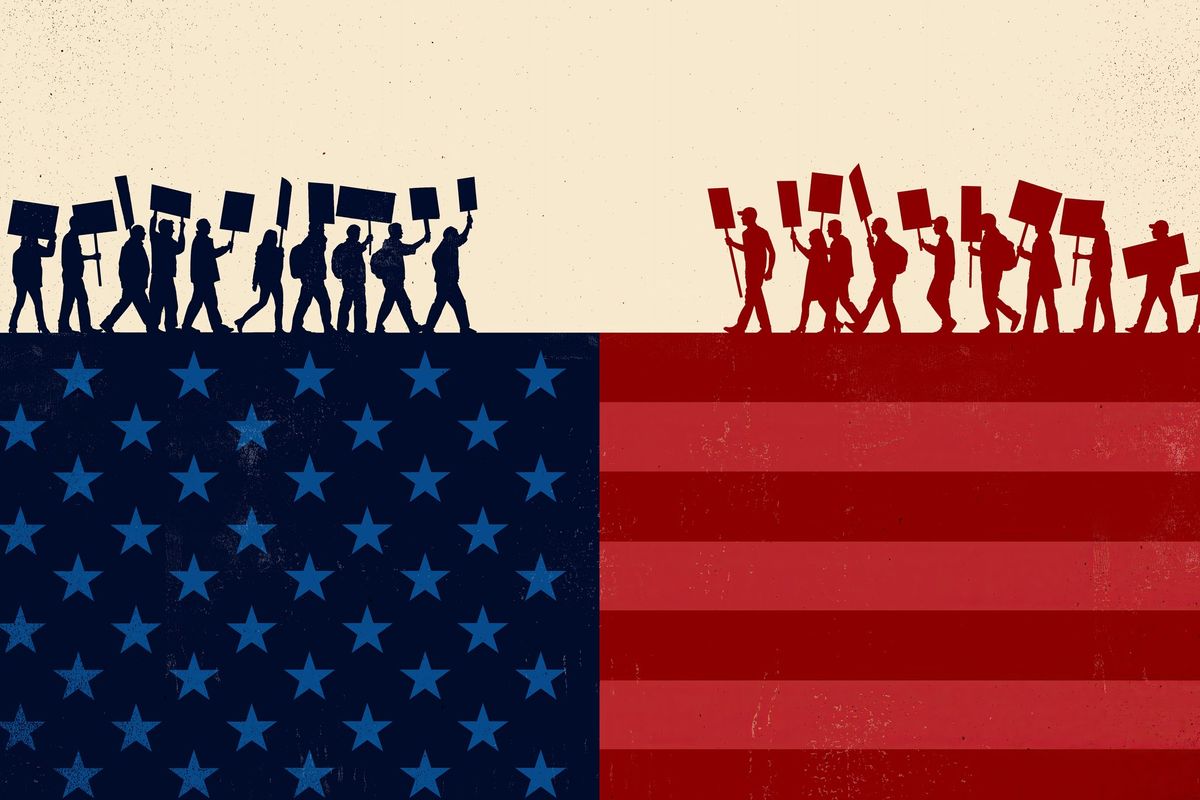




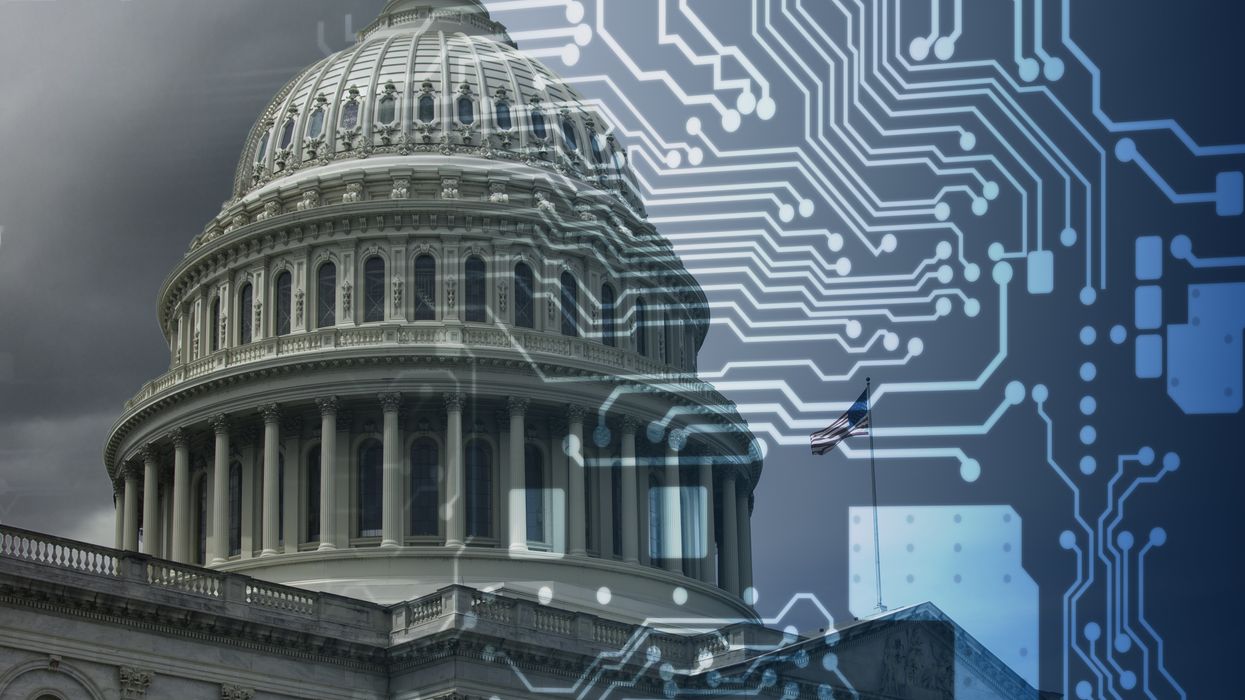






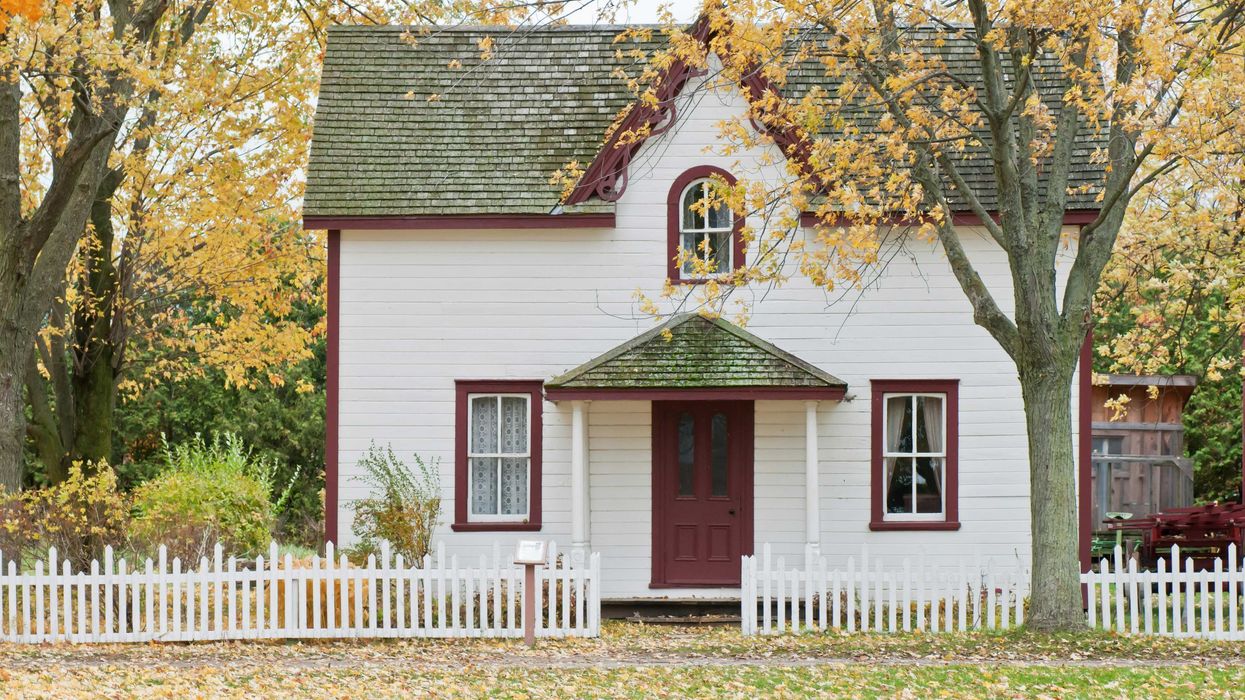
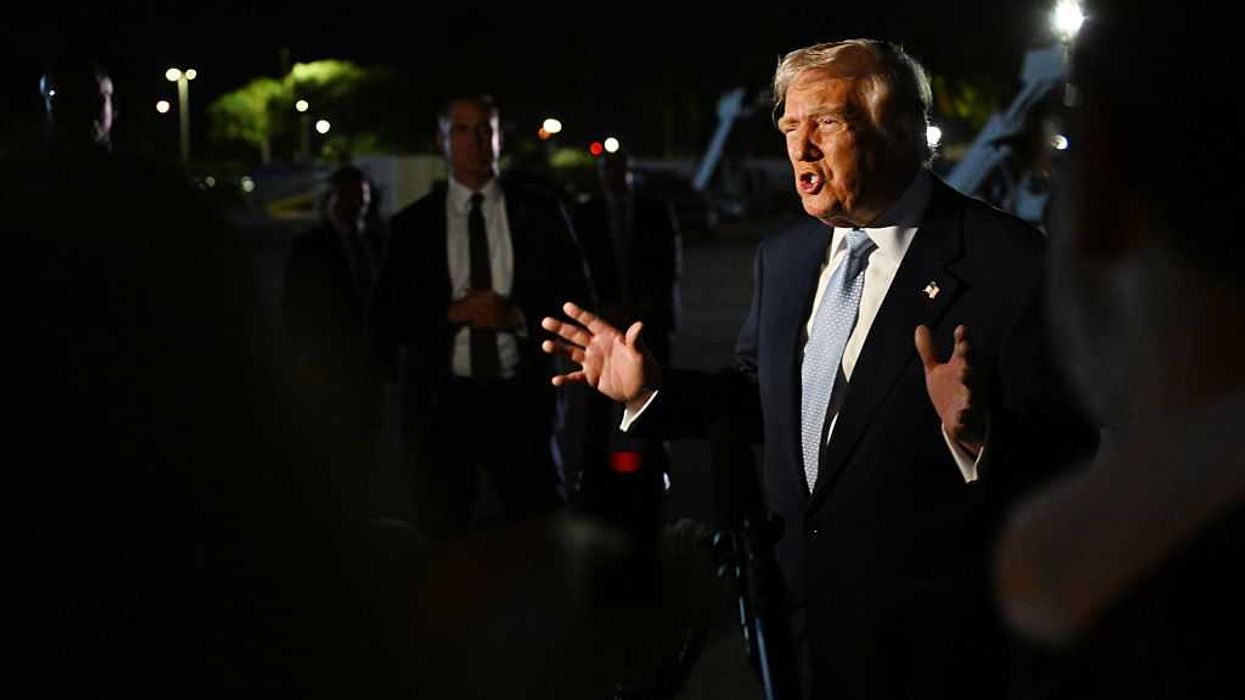
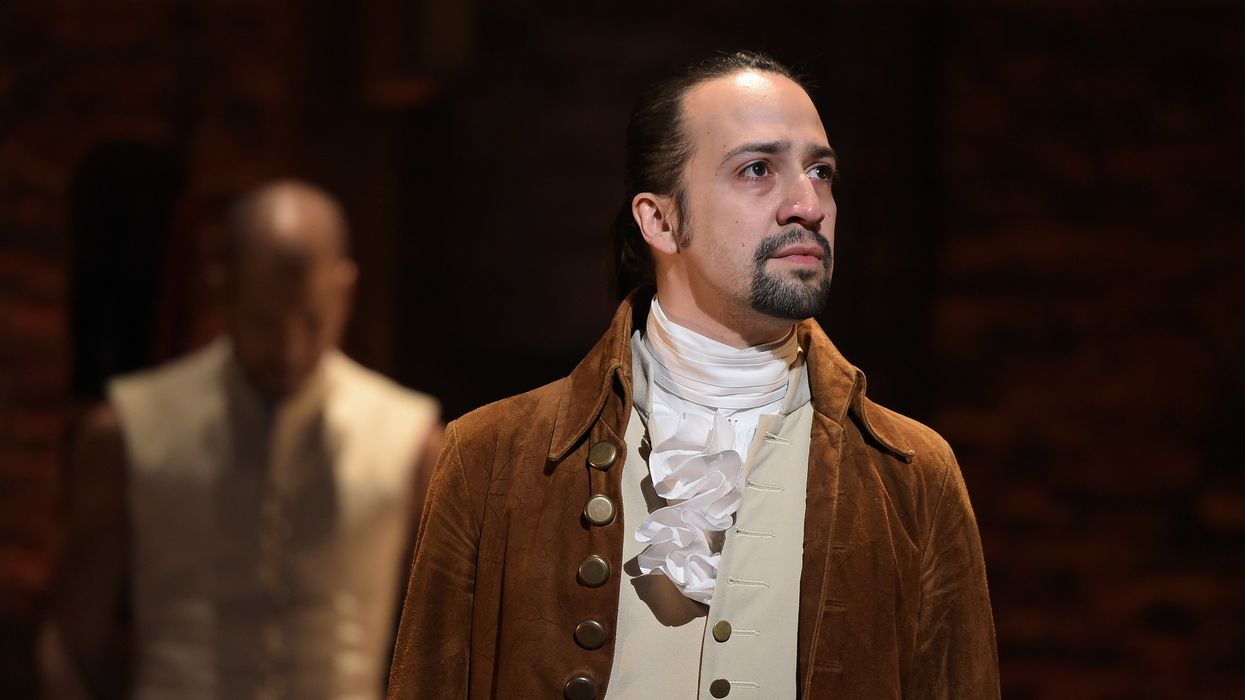

 Shannon Gormley, Rhode Island Public Schools
Shannon Gormley, Rhode Island Public Schools Les Sinclair, Blue Ridge Area Food Bank
Les Sinclair, Blue Ridge Area Food Bank Elena Casillas Hoffman,
Elena Casillas Hoffman, 
 Darrious Hilmon, Executive Director, CAN-TV
Darrious Hilmon, Executive Director, CAN-TV